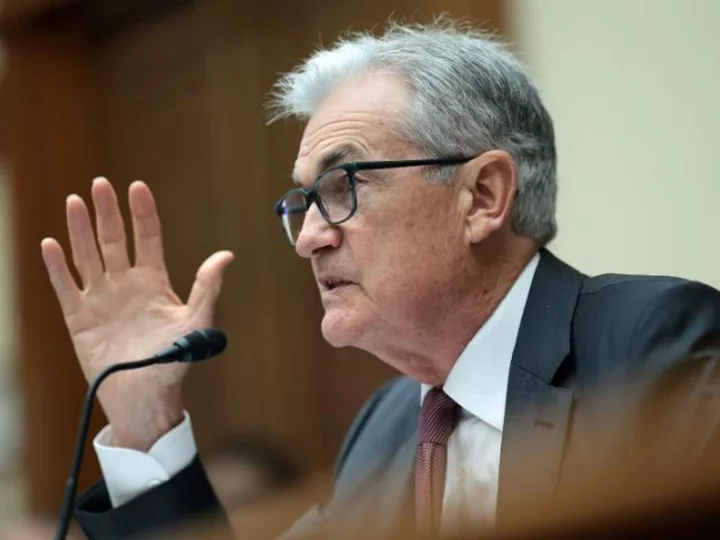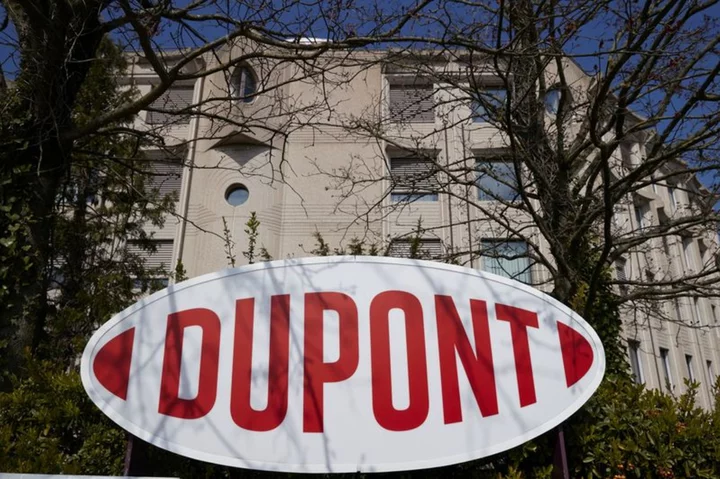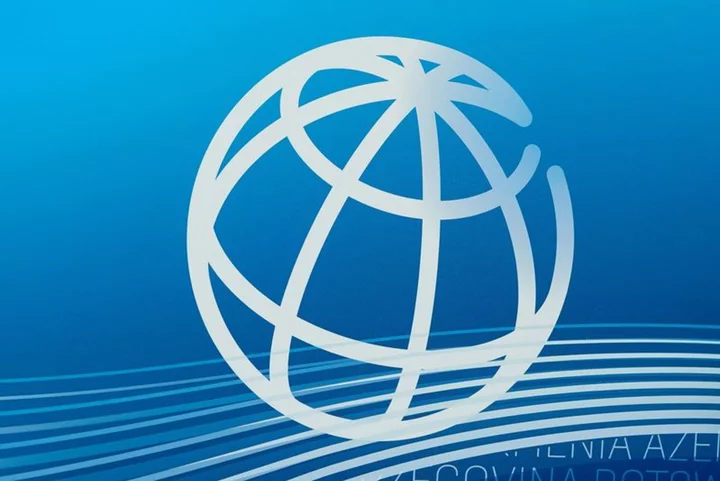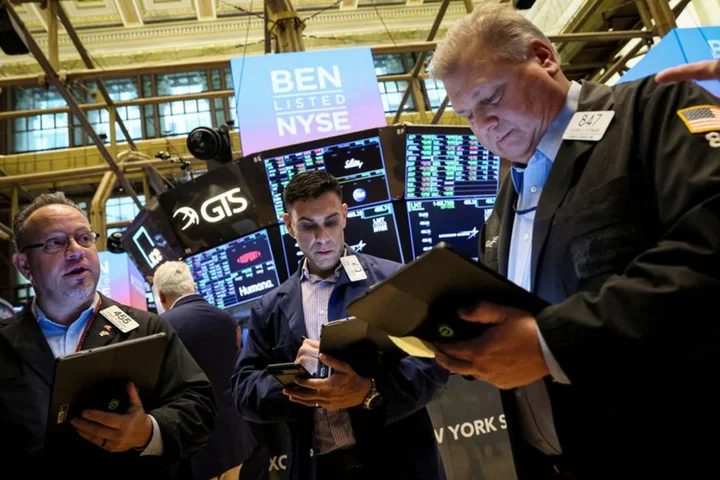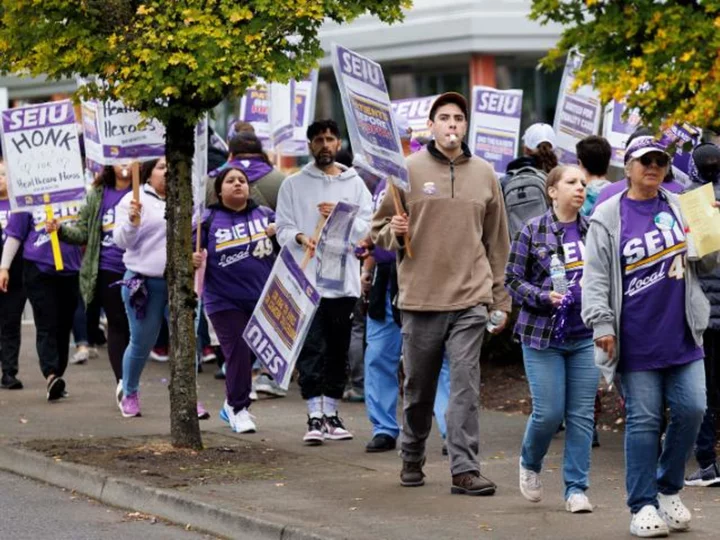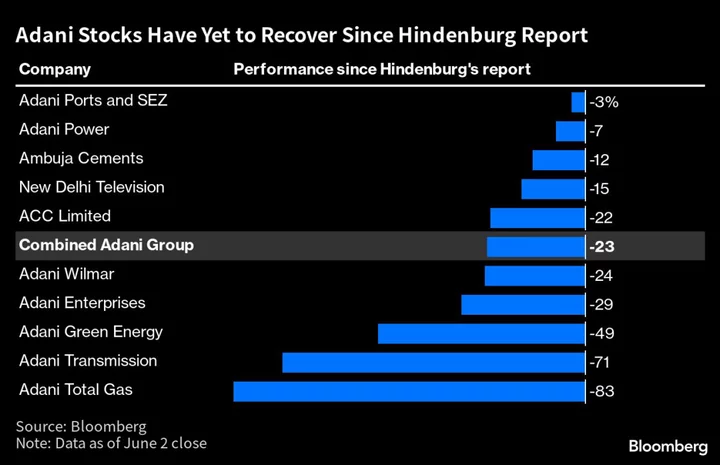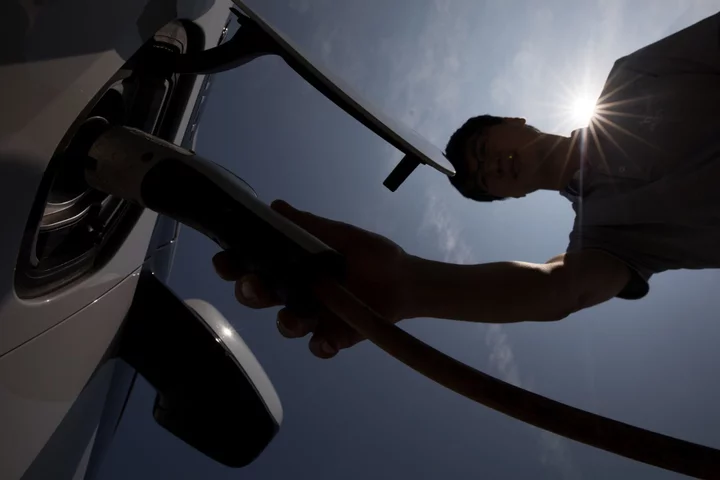The labor market just won't quit, but this could be another case of "good news is bad news" for the Federal Reserve.
The US unemployment rate has been at or below 4% for the past year and a half, and the economy has gained an average of 314,000 jobs each month this year through May.
People who need jobs are getting them, and those with jobs are getting paid more. Business and consumer sentiment remain resilient and spending and investment are also proving to be relatively robust. Gross domestic product, the broadest measure of economic output, grew by 2% in the first quarter.
But while job growth is a sign of a healthy economy, Fed Chair Jerome Powell has said that he wants to see more slack in the labor market in order to bring inflation down. If there are too few people chasing too many jobs, he says, wages will rise and add to upward pressure on prices.
What's happening: This week, a slew of new unemployment data is expected to show that US hiring finally slowed in June. Economists forecast that the US added 223,000 jobs last month, way down from the 339,000 added in May.
But here's the thing: those forecasts have been way off. They projected sharp drops in hiring for April and May; instead there was increased employment.
And so in order to get unemployment back to where it thinks it should be (5%), the Fed it keeps pushing interest rates higher.
But some economists are starting to wonder if it will ever get there.
For decades, economists have said that the natural rate of unemployment in a healthy, stable economy — was 5%. But in April, the unemployment rate reached 3.4%, with the 12-month average of unemployment reaching a record low of 3.6%.
"Growth and unemployment rates at these levels are not only a sign of an extraordinary recovery from the previous recession, but also are a sign that this is not your parents' labor market," said RSM US chief economist Joe Brusuelas. "Today, we think the natural rate of unemployment is closer to 4%, which reflects a mixture of efficiency gains driven by technology and demographic factors that dampen overall unemployment."
The efficiency of searching for jobs online and a newfound ability to work at home means that there's less friction in finding employment than ever before, he said. That may permanently lower unemployment rates. Plus, the mass retirement of baby boomers, slowing of immigration rates and long-term health impacts of Covid have also permanently altered the labor market.
Why it matters: These changes have led many economists to say that the labor market doesn't matter anymore, said Kathryn Rooney Vera, chief market strategist at StoneX. The gig economy, generational differences, and baby boomer retirement make this "unlike anything we've seen," she said. "You have so much Fed tightening, and the most forecast recession in my lifetime, but consumers have not tightened their belts at all whatsoever."
People clearly feel good right now, said Vera, and when people feel good their habits of consumption don't change.
In an economy where consumer spending accounts for about 70% of America's gross domestic product, you would have to have big negative detractors from the rest of the economy to really cause a recession.
"The economic expansion will just not die despite the twin inflation and interest rate shocks over the past two years," said Brusuelas. Perhaps it's time to accept that this is the new normal.
Coming up: The May Job Openings and Labor Turnover Survey (JOLTS) and jobless claims are due out on Thursday and government unemployment numbers for June come on Friday morning.
Tensions are high at the Fed
Fed officials had a heated debate about whether to hike rates again before ultimately deciding to hold them steady in June, according to minutes from the most recent meeting, released Wednesday.
They also appeared fairly committed to hiking rates once again at their upcoming meeting later this month. "Almost all" policymakers agreed that the Fed would likely have to institute more tightening this year, according to the minutes.
"The minutes suggest a lot more disagreement than usual over the decision and the need for considerable compromise from the hawks to reach the unanimous vote," said Sam Stovall, chief investment strategist at CFRA Research, in a note on Wednesday.
While policymakers ultimately voted unanimously to briefly pause their regimen of hiking, the release showed officials frequently voiced concern about giving up tightening policy prematurely, reports my colleague Bryan Mena.
Still, it's likely that the hawks "will have the upper hand at the upcoming July 25-26 [Federal Reserve policy] meeting," wrote Stovall. That means they will likely raise rates by a quarter of a percentage point, "as conditions will not have changed significantly since the June 14 meeting in order to keep further tightening at bay," he added.
Christmas Tree Shops to close all stores
It turns out Christmas in July isn't a thing, after all.
Christmas Tree Shops will liquidate all of its stores and go out of business unless a white knight comes out of the woodwork at the 11th hour, reports my CNN colleague Jordan Valinsky.
The discount retail chain, which sold a variety of home goods, disclosed in a court filing last week that it defaulted on a $45 million loan and is closing its roughly 70 stores in the coming weeks.
The closure comes after it filed for Chapter 11 bankruptcy in May in a bid to turn around the 53-year-old company. However, its sales continued to decline and Christmas Tree Shops ran out of the money it needed to go forward with the bankruptcy plan. Late last week, the company decided to permanently close its business instead.
Bed Bath & Beyond, now also bankrupt, sold Christmas Tree Shops in 2020 to Handil Holdings, which had hoped to revitalize the discount chain.

